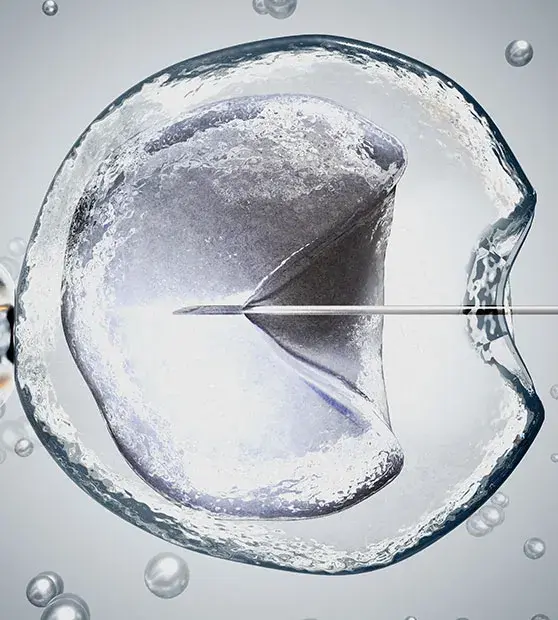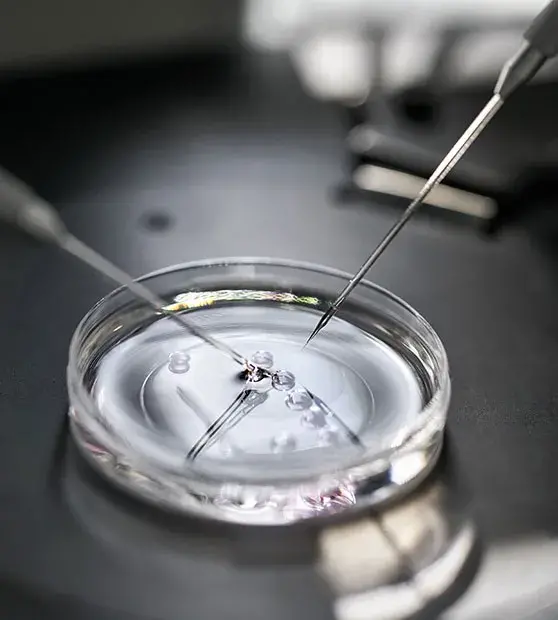Infertility is defined as a difficulty conceiving despite regular unprotected intercourse for at least 1 year. Following 12 months of trying to conceive unsuccessfully basic assessments of fertility can be performed. When results of standard infertility tests are normal, the cause of infertility is referred to as unexplained. It can also be termed as idiopathic infertility in the sense that its cause remains unknown despite infertility investigations.
What are standard infertility tests?
These include:
- Semen analysis.
- Evaluation of ovulation/ Evaluation of ovarian reserve .
- Hysterosalpingogram / HyCoSy (tubal patency).
For the male partner of an infertile couple, evaluation can be done by:
- Recording a detailed medical history of the patient.
- Physical examination.
- Semen analysis.
A physical examination helps in the detection of testicular abnormalities, including a varicocele or absence of the vas deferens.
Semen analysis evaluates the following :
- Sperm count .
- Sperm motility ( movement).
- Sperm morphology (shape).
How can female infertility be evaluated?
- Evaluation of Ovulation: An irregular menstrual cycle indicates the presence of ovulatory dysfunction. The most accurate means of determining ovulation is by a combination of both serial ultrasound scans and blood tests to monitor hormonal levels including luteinizing hormone (LH) , estradiol and progesterone levels.
- Evaluation of Ovarian Reserve: Ovarian reserve refers to a woman’s reproductive potential based on both her egg number and quality. It can best be evaluated by both ultrasound scan to determine antral follicle count (AFC) and by a blood test measuring antimullerian hormone levels (AMH). Female age is one of the best predictors of ovarian reserve.
- Evaluation of Fallopian Tubes: Hysterosalpingography (HSG) and Hysterosalpingo Contrast Sonography (HyCoSy) can be used to determine tubal patency.
When should you seek help for infertility?
Women under the age of 35 years who have not conceived following 1 year of regular unprotected intercourse should see a health care provider. Help should be sought sooner if women are aged 35 years or older or have any known conditions which may adversely affect their fertility such as endometriosis. It is important to note that regardless of gender, you should seek advice early if you have a risk factor that affects your fertility.
What are possible treatment options?
- Lifestyle Modifications: Eat a well balanced diet. No smoking or use of recreational drugs. Reduce alcohol and caffeine intake. Regular physical activity is encouraged. Aim to achieve a body mass index (BMI) within the normal range.
- Intrauterine Insemination (IUI): Sperm are directly placed in the uterus around the time of ovulation ( the ovary releases one or more eggs). The sperm will swim out to the fallopian tube and will hopefully fertilize an egg resulting in pregnancy . IUI is a treatment option for couples with unexplained infertility and is often used in conjunction with ovulation inducing medications.
- In Vitro fertilization (IVF) and Intracytoplasmic Sperm Injection (ICSI): In vitro fertilisation (IVF) is one of several techniques available to help people with fertility problems to have a baby. During IVF/ ICSI , eggs are removed from the woman’s ovaries and fertilized with sperm in the laboratory. The fertilized egg referred to as an embryo is then returned to the mother’s uterus. Your doctor can help you to understand which treatment option is right for you.
ART Fertility Clinic experts are committed to helping people with all infertility-related issues. We offer a holistic approach to all our patients and tailor treatment plans to meet individual needs.



